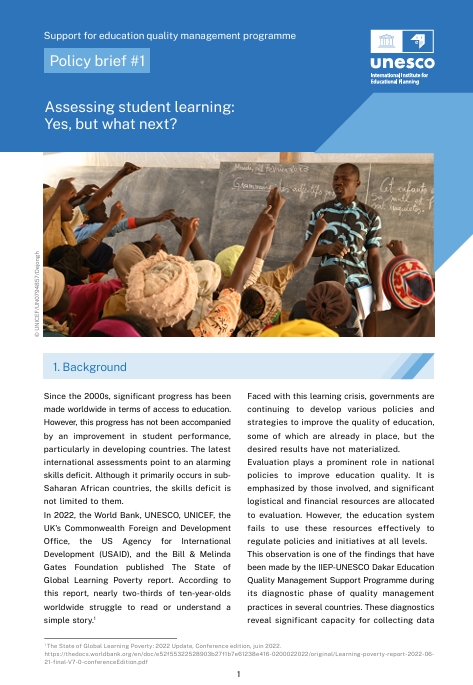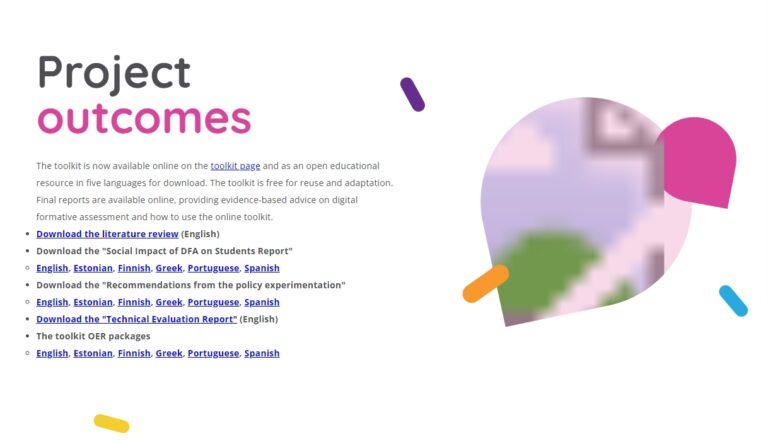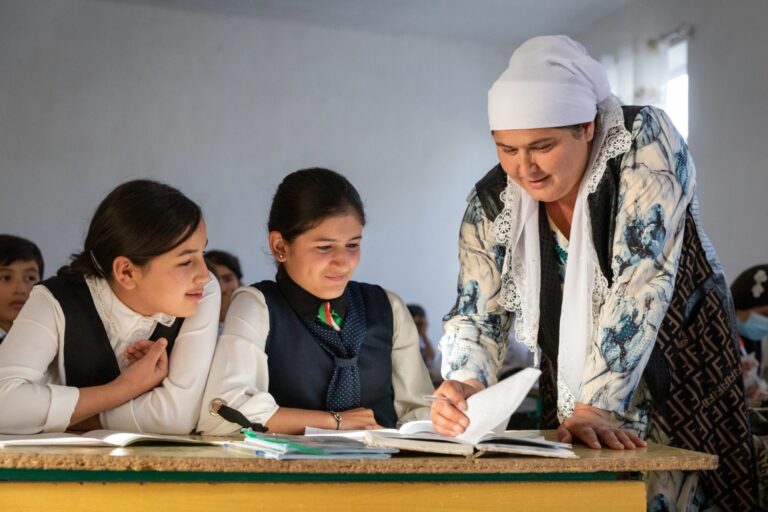Story Source: Engineers Journal ~ Go to Original Article
This article presents a case study of how TU Dublin has addressed the question of how to teach students real world engineering skills relating to design and manufacturing, the objective being to help engineering graduates to be more effectively prepared for the challenges of professional engineering practice once they enter the workforce.
Undergraduate students, having learnt to quantify the performance of specific elements of engineering objects, often find it difficult to integrate these elements into quite basic design concepts……………






